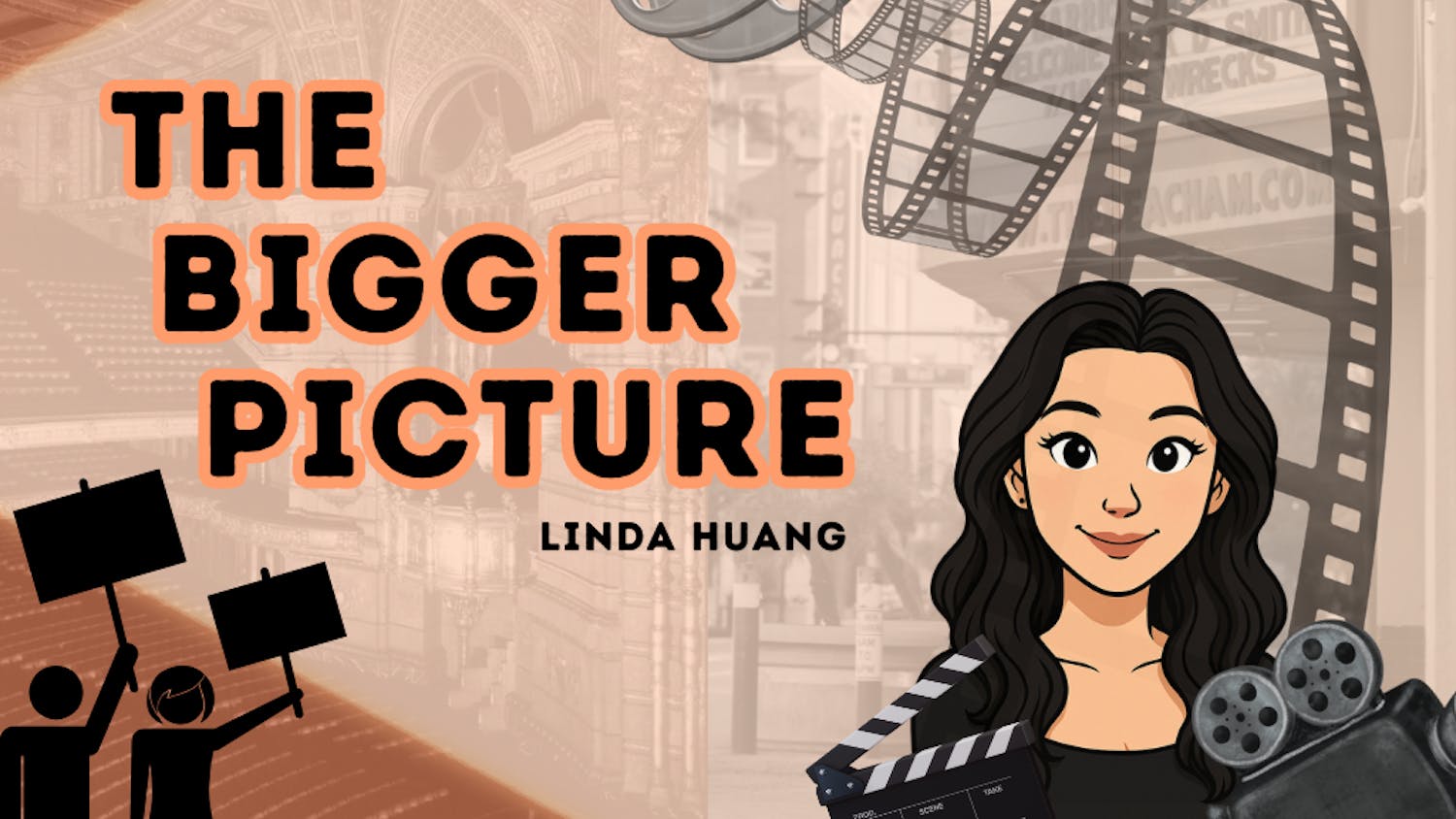Yet, with more thought, I began to see the weird sense of importance placed upon Greek mythology in schooling. These myths do not represent morals that children should be instilled with either; violence, greed and rape are often key plot points. The emphasis on mythology, I believe, is partially a product of the marginalization of other non-white voices. Why has Greek mythology been canonized for American children and, say, Native American folk lore left behind?
With this in mind, I had not seen the value in Greek mythology for a long time. However, Madeline Miller coerced me into its arms by turning these epic stories on their head.
In “Circe” (2018), a book I read this past summer, she creates a wildly poignant feminist text out of “The Odyssey” (8th century BC). It is brilliantly told from Circe’s point of view, and you see the ways that patriarchy continued to crush and vilify a woman who wanted peace.
With “The Song of Achilles” (2011), she retells the “Iliad” (8th century BC) while allowing the side of Achilles that so many have speculated about come to light: Achilles being gay. She opens the door to this side of Achilles, and it drives a retelling of this classic epic in a contemporary and irresistible way. Miller brings it into the 21st century, modernizing intricacies of the story that were forced into heteronormative boxes before.
Miller also critiques many of the atrocities and the violence of stories like the “Iliad.” She writes the book from Patroclus’ point of view and uses his aversion to violence to comment on the cruelty surrounding him. It follows Patroclus from the beginning of his life through the Trojan War and in the process the reader is allowed to see a man develop within a harsh world that does not value him because he cannot fight.
Furthermore, the amount of rape in Greek mythology in general is appalling and often overlooked. Miller includes it, but Patroclus’ aversion to it and his sympathy towards women throughout the novel lets brutality be the main focus of this violence instead of it just existing and being accepted because it was a common point of the stories.
“The Song of Achilles” is a captivating escape and one that I enjoyed every minute of — but I also enjoyed pausing and comprehending how she was deconstructing the “Iliad” and using her skill of words to rebuild it.
I have never been a huge fan of Greek mythology, but I deeply admire what Miller has done with her novels. They were a true delight to read while making important social commentary that I think is desperately necessary within Greek myths.





